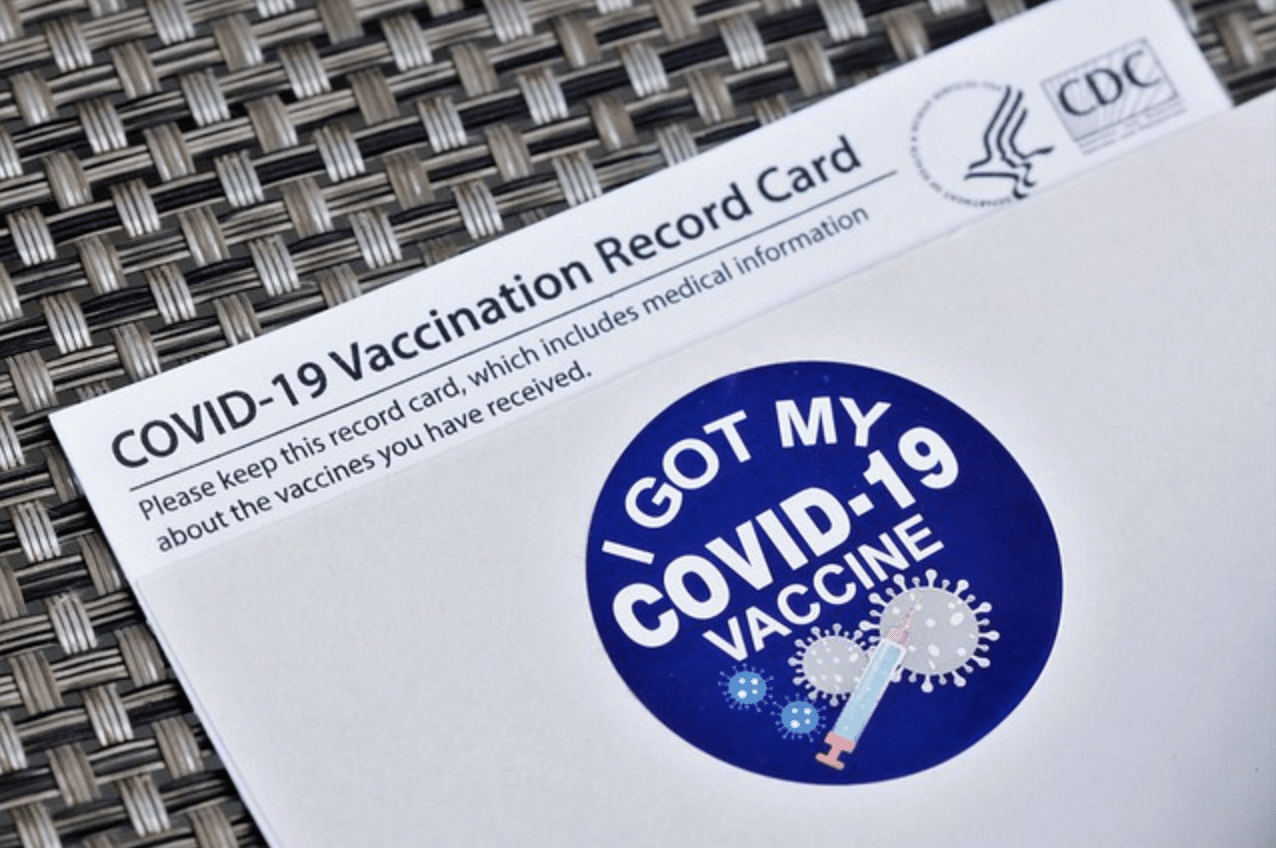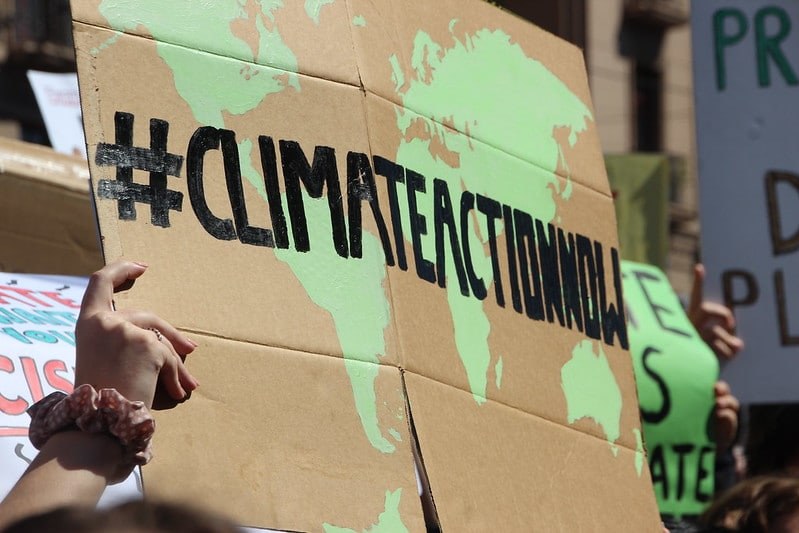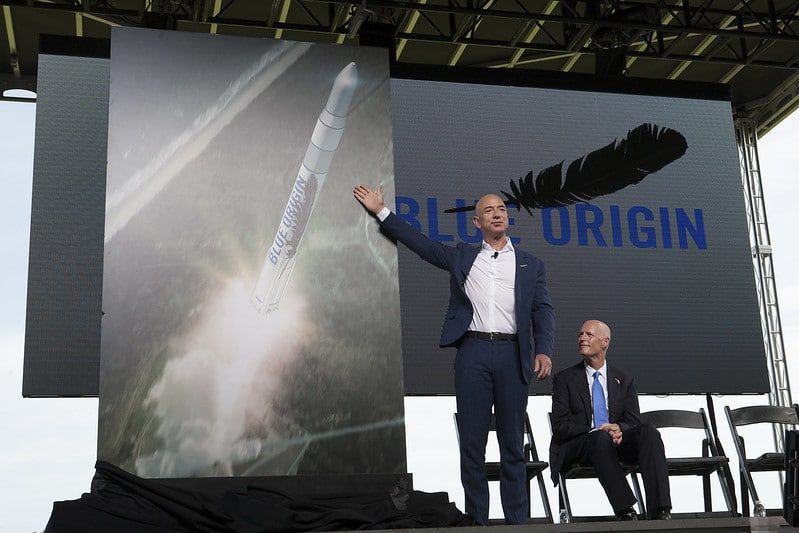Welcome to our roundup of news and current events related to ethics and international affairs! Here’s some of what we’ve been reading this past month:
 Photo Credit: Baking is my Zen via Flickr
Photo Credit: Baking is my Zen via Flickr
NPR: Coronavirus FAQ: Is It Ethical To Lie To Get A Booster Or a Shot For An Under-12 Kid?
Should you lie to get a third vaccine or booster shot? Should you fib about a child's age to get them vaccinated? According to medical ethicists and infectious disease experts: no, you should not do it. Practically, you'd need to explain to your insurance why you got vaccinated multiple times, which may lead to them charging you for any additional vaccines administered. Medically, the effects of getting vaccinated multiple times in unknown, so neither the CDC or FDA recommend pursuing additional doses. As far as vaccinating children too young, their immune systems may not be developed enough for it. Until further clinical trials have been done to ensure the safety of vaccines for children under 12, it is heavily advised to wait until they are of age.
Read more about COVID-19, vaccine ethics, and inequality in Ethics and International Affairs:
COVID-19 as a Mass Death Event (2021: Volume 35.1)
Can Staying at Home be Saving Lives and Avoiding Killing? COVID-19, Lockdowns and the Doing/Allowing Distinction (December 2020)
_____________________________________________________
 Photo Credit: John Englart via Flickr
Photo Credit: John Englart via Flickr
Reuters: U.N. climate change report sounds 'code red for humanity'
A U.N. climate panel has warned that global warming is dangerously close to spiralling out of control. While cutting greenhouse gas emissions can curb some impacts, many other impacts have become inevitable. Extreme weather events will become more frequent and more severe, such as wildfires and heat domes. The 1.5 degree celsius rise in temperature is considered to be the most that humanity could cope with without suffering widespread economic and social upheaval, and it is now estimated that we will cross that threshold in the next twenty years. The more we limit emissions, the better chances we have to slow the effects; however, the report states we are even running out of time to just slow the effects of climate change.
Read more about climate change, justice, and responsibility in Ethics and International Affairs:
Tackling Climate Change: Why Us Now? (February 2019)
Climate Contributions and the Paris Agreement: Fairness and Equity in a Bottom-Up Architecture (2016: Volume 30.3)
Climate Justice and Capabilities: A Framework for Adaptation Policy (2013: Volume 26.4)
_____________________________________________________
 Photo Credit: NASA Kennedy via Flickr
Photo Credit: NASA Kennedy via Flickr
ABC: The ethics of space tourism
Jeff Bezos, founder and former CEO of Amazon, flew into space on his own Blue Origin rocket last month, sparking much controversy over the ethics of space tourism. Should these feats of private space travel be regarded as a source of much needed hope in such dire times, or should it be looked at as nothing more than a flaunting of wealth by the world's most affluent individuals? This debate also engages with the ethical question of whether space travel is something the human race should aspire to, or if it is merely an extravagance. Does seeing our planet from space remind ourselves of our smallness and insignificance, or is it a diversion from the reality of our shared responsibilities on Earth?
Read more about inequality in Ethics and International Affairs:
A Luxury Carbon Tax to Address Climate Change and Inequality: Not All Carbon Is Created Equal (March 2020)
Equality as a Global Goal (June 2016)
Eliminating Extreme Inequality: A Sustainable Development Goal, 2015-2030 (2014: Volume 28.1)
_____________________________________________________
 Photo Credit: Jernej Furman via Flickr
Photo Credit: Jernej Furman via Flickr
As more and more individuals get vaccinated from COVID-19, the desire to travel as a means of getting back to normal has increased significantly. However, as we attempt to return to the days of vacations and travel, we should discuss how we can do so more ethically, especially in light of increasing climate concerns. Fundamentally rethinking travel to pivot to more climate friendly means of getting around should be a priority as we get back to our normal ways of life. Not only should travel be reconsidered but also the global economy that encourages dangerous levels of environmentally damaging forms of consumption.
Read more about COVID-19, climate change, and public health in Ethics and International Affairs:
Impact of the COVID-19 Pandemic on Health and the Environment in Rural Peru (December 2020)
Borders in the Time of COVID-19 (March 2020)
A Luxury Carbon Tax to Address Climate Change and Inequality: Not All Carbon Is Created Equal (March 2020)